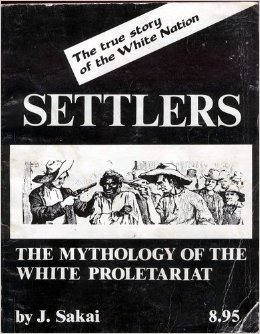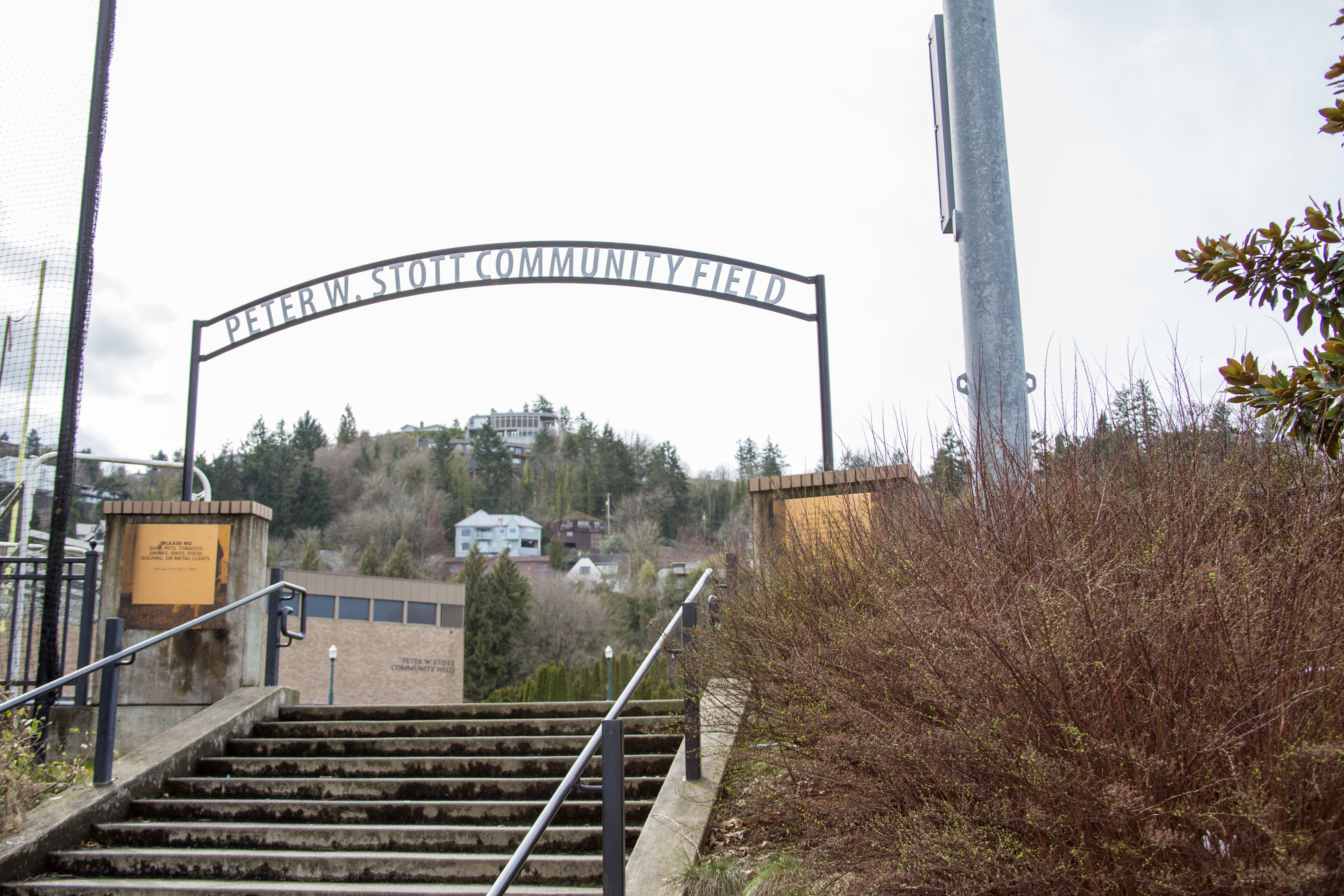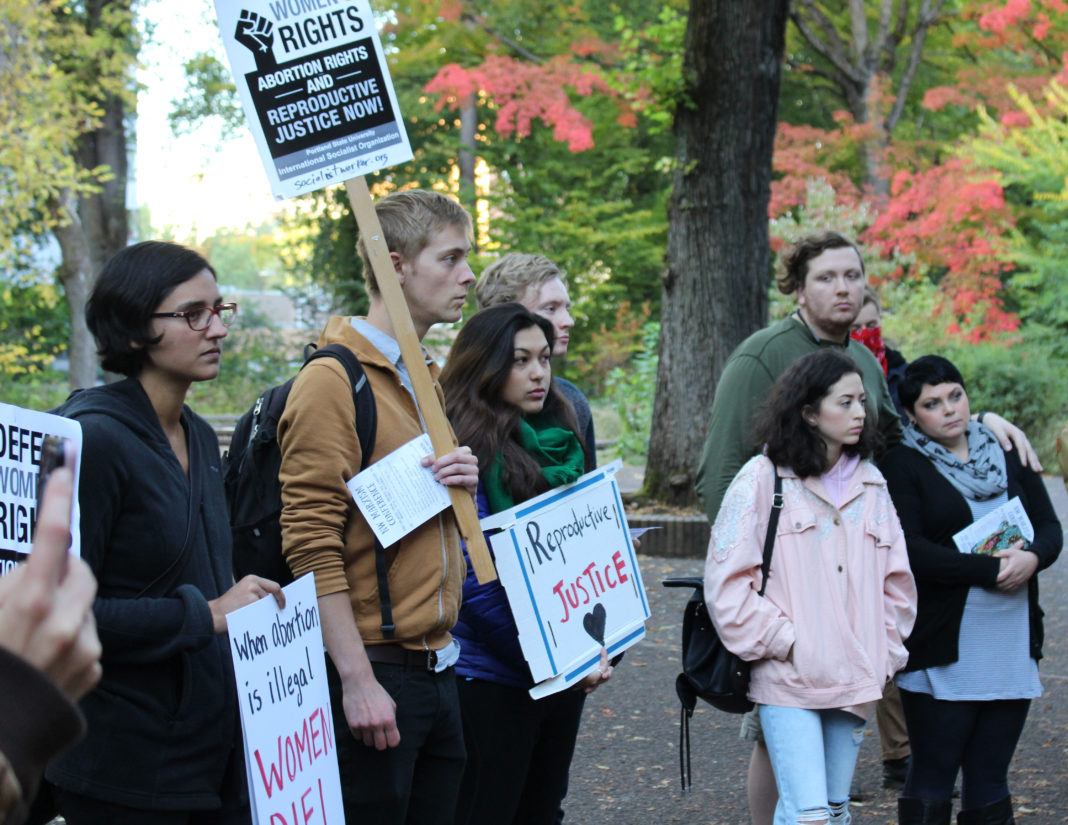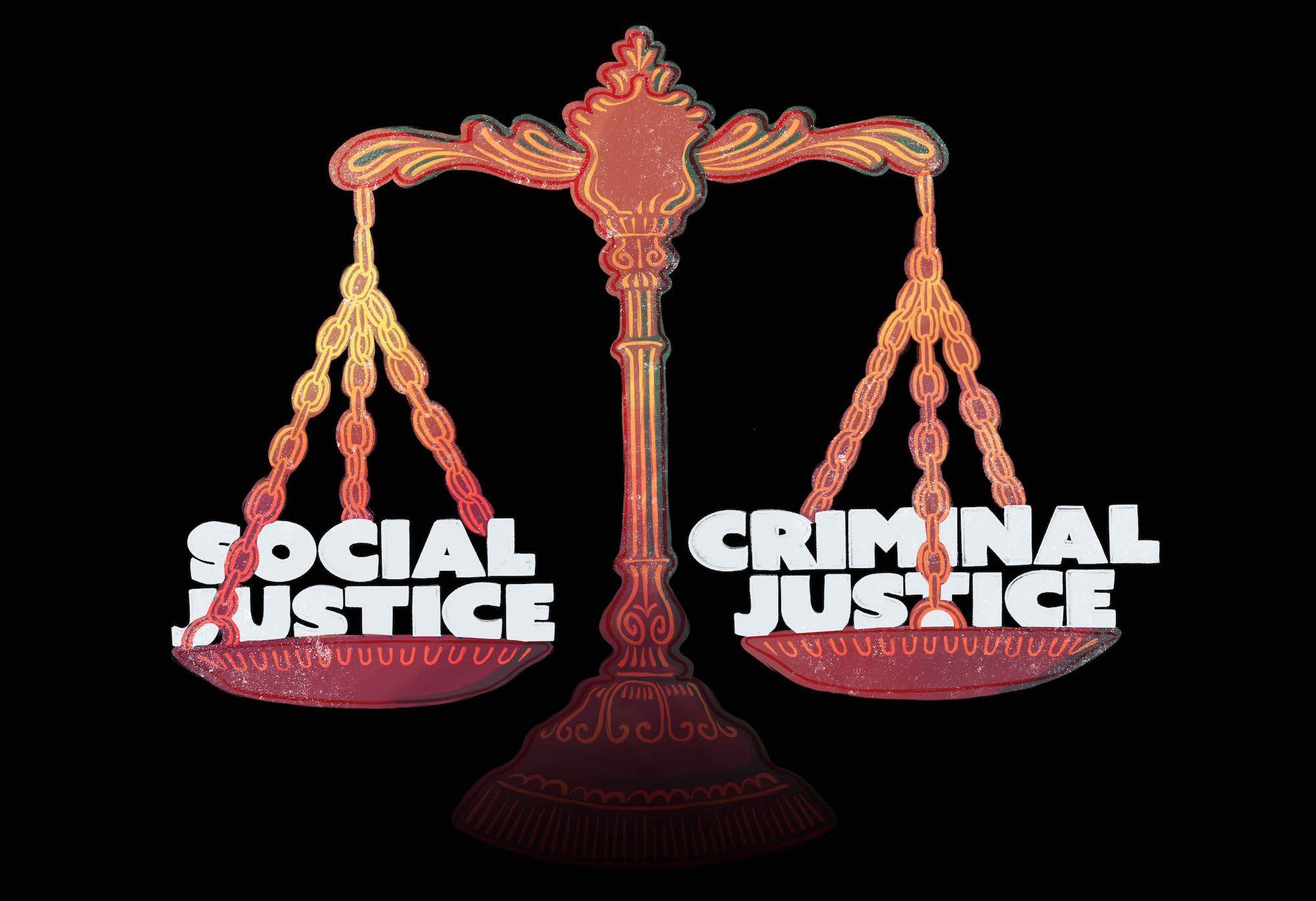The Portland May Day Coalition and Marilyn Buck Abolitionist Collective have joined together for a series of discussions about Settlers, a novel by J. Sakai. Written by activists, the book attempts to show the rocky foundation upon which the United States was founded and the links between neocolonialism, capitalism, and racial exploitation.
For the April 8 discussion, attendees mostly read through the book individually, while different attendees alternated giving presentations to expand and further discuss certain key topics touched on in the text.
Key terms and contexts
One of the first presenters, Maddie, brought up the concept of class. They proposed class can relate to class action lawsuits. Maddie asserted that a class can be seen as a group of people that can sue.
“The United States has this myth about being a classless society,” Maddie said. “Calling people trashy because they live in a trailer park. We don’t think about what class is directly connected to. It’s something that is really vague, and it’s something that is insulting.”
They continued to cite the traditional Marxist definition of class, which is a group of people who have common relationships to labor and the means of production.
Class, in this context, is akin to the analogous construction of a sandwich. The means of production would be all the ingredients, including the recipe or idea for the type of sandwich that could be assembled with said ingredients. Labor is the sandwich artist putting the garlic mustard on the gluten-free vegan bread then adding the Tofurky, cranberry sauce and lettuce. Without the means of production (the ingredients), the labor of making an air sandwich will not satisfy hunger; without the labor of assembly, the ingredients will spoil. Combining the two makes a “class” (and a classy sandwich).
Within the colonies, class has a very specific context which appears to be the final important concept to understanding how these concepts come together.
Gender and race matter
“White supremacy and patriarchy are intertwined to create imperialism,” Maddie stated. “Your race and your gender are going to inform your relationship to the means of production. If you can’t understand that concept, it’s very hard to talk about labor organizing in the United States.”
Another presenter, Mark, expanded on this by discussing the true intentions of abolitionists.
“The abolitionists were not interested in liberating Africans,” Mark said. “They were interested in keeping more Africans from coming to the U.S.. They wanted to keep the U.S. white. They feared the competition of African labor, even if that African labor was free.”
In a discussion group, one attendee brought up the complicated thought of owning land and how entry into the landowner’s club, which then gave a person the right to vote, required being white and being a man. Another person commented that white men who didn’t own land could still have the dream of owning land and thus were able to voice their opinions politically.
At one point it was made apparent that the presence of a non-participatory journalist observer from the Vanguard made some people uncomfortable to the point of leaving. One discussion devolved into a pointed conversation toward the journalist about the ethics and purpose of neutral observation for journalists and questioning whether non-biased journalism even really exists.
“The idea of objectivity is not real,” Maddie said.
“I read a really good article recently about a trans reporter who was fired from some financial NPR show because she had posted a personal blog post about her experience,” Chris recalled. “NPR viewed that as violating their commitment to being unbiased and neutral, which was horrendously offensive too because this is a human being who was talking about issues that fundamentally matter to their basic rights.”
“The idea of journalism that is neutral,” Chris paused and clarified. “This is not a personal critique, is spineless, because we live in a time with serious issues to address.”
With many interesting topics and discussions continuing to attempt to further understand the complicated past of this country, one may assert that the May Day Reading Discussing Series is equal parts economics, history, philosophy, and book club.
To watch a video of the event, check out the event page here.






